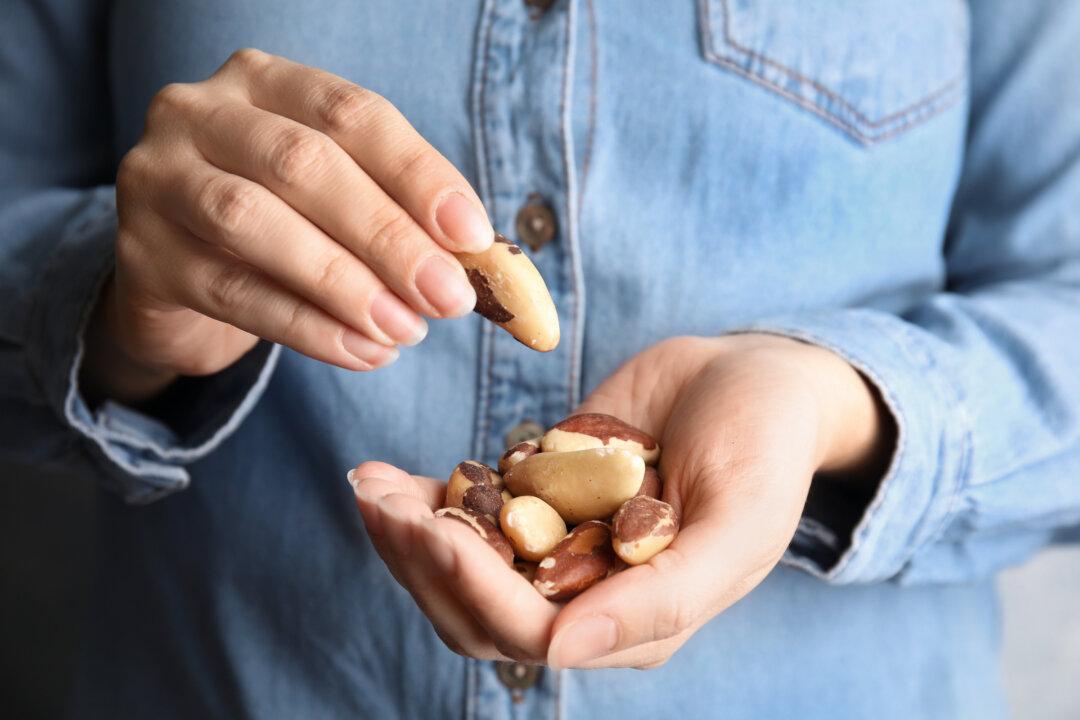The bacterial population in your gut—called the microbiome—gets a lot of attention. It’s linked with overall health, mood, digestion, inflammation, and more. And now it’s being linked with longevity.
New research published in Cell Reports suggests that advancing age changes the makeup of the microbiome in the intestine. It infers that if we can potentially zero in on certain bacteria, longevity may be increased.





